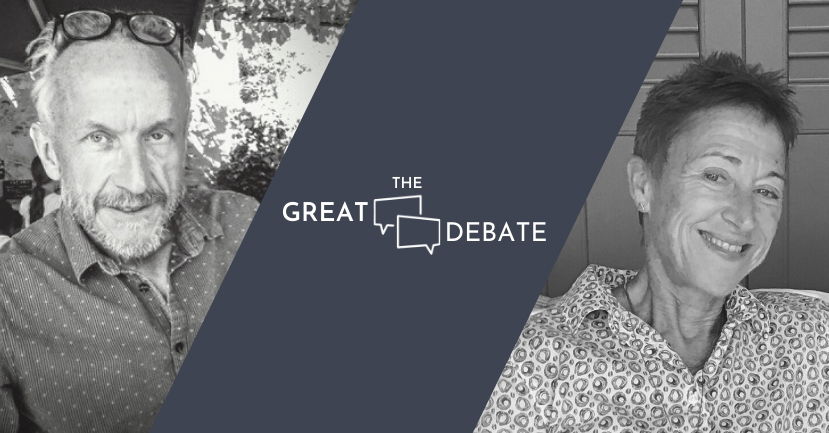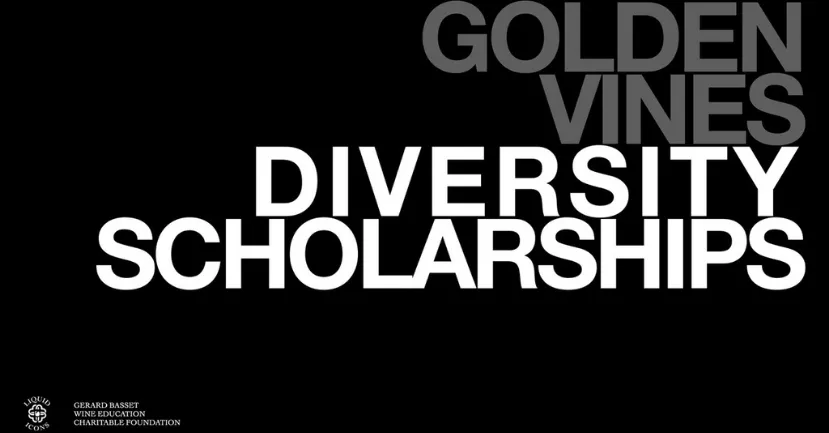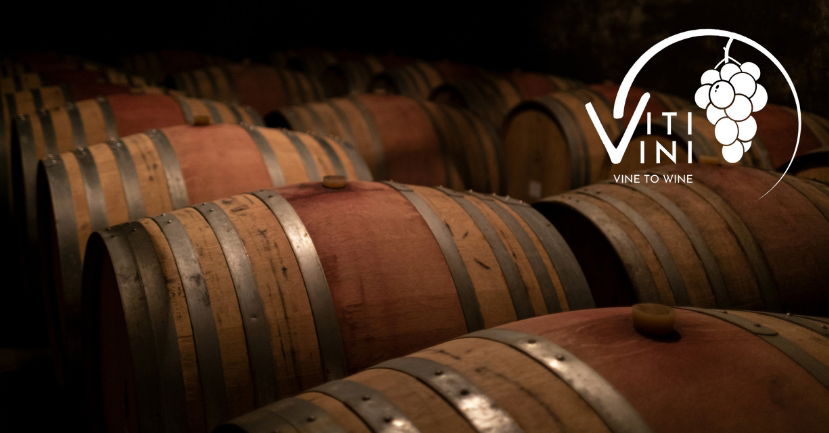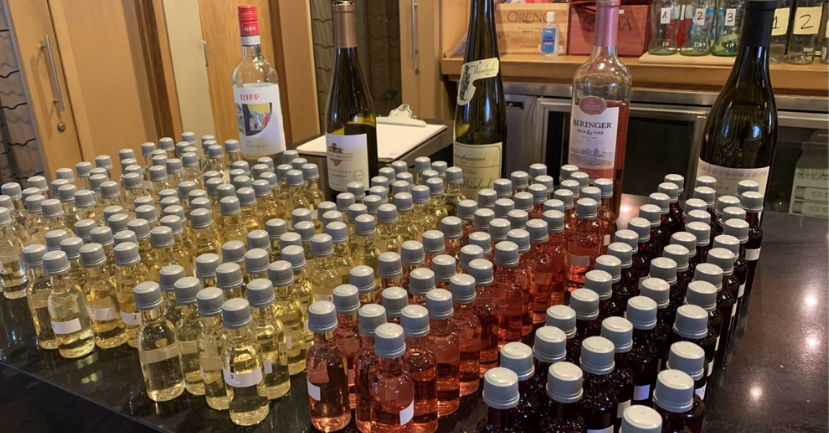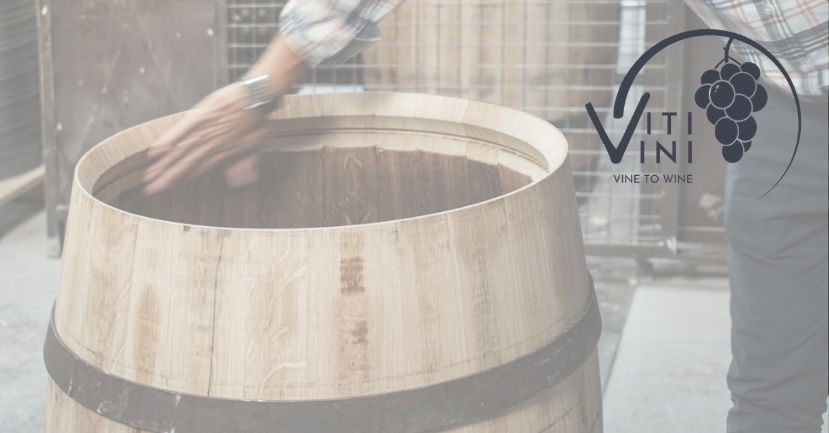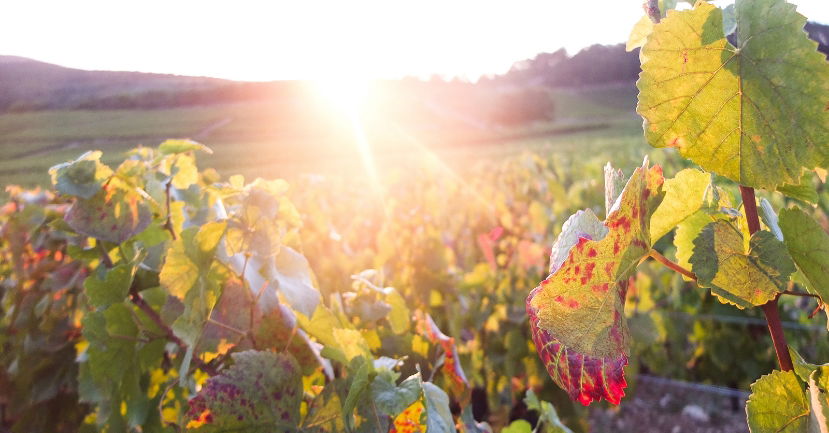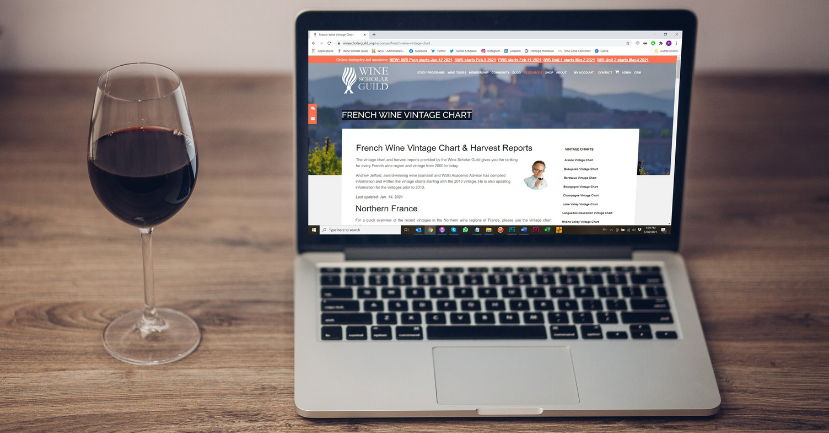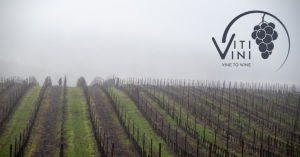BLOG
Blog
Pierre Freyermuth Ripeness and Balance with Andrew Jefford and Julia Harding MW
KD: I want to get both of your opinions on this next question: the elements that help preserve wine long-term — for example, acidity, tannins, and alcohol — are also the ones we discuss in terms of balance. Wines that age well are always balanced, but not all balanced wines can age, correct?...
Kevin Day Wine Education & Careers
Few, if any, moments in wine are more dramatic than when a producer decides it is time to pick fruit. Whether they rely upon a Brix reading, a visual cue from the grape seeds, or the finely tuned instrument of their own palate, making the call to harvest a plot of grapes is a decision fraught with...
Pierre Freyermuth Latest News
The WSG is delighted to announce our support for The Golden Vines Diversity Scholarships in association with Liquid Icons and the Gerard Basset Wine Education Charitable Foundation. Liquid Icons, the fine wine research and content production company founded by the late, great Gerard Basset OBE MW...
Nova Cadamatre MW Viticulture Insights
After several months of dormancy, the first signs of the new vintage begin to show in March (in temperate to warm climates). The fresh pruning wounds begin to “bleed.” This initial sap flow is triggered by rising temperatures. Shortly after the bleeding stops, the buds will begin to swell.
Kevin Day Wine Culture
In many ways, wine education relies on face-to-face contact between educators and students. After all, wine is a drink to be shared and which — for centuries — has stimulated conversation among those partaking. So last March, when it became apparent that the global spread of COVID-19 was about to...
Nova Cadamatre MW Viticulture Insights
February is still a relatively quiet time in the vineyard. Pruning continues in warm climates while in cold climates it may not begin until March or later. This is primarily due to the risk of winter bud kill. Different varieties have different tolerances for cold. February, in the northern...
Nicholas Poletto Viticulture Insights
One of the most significant trends happening in Bourgogne today, is a movement towards sustainable, organic and biodynamic viticulture. Due to the warming of temperatures, increase in sunlight and shift in rainy season, there has been less vineyard mildew pressure, drier soil and earlier harvests....
Andrew Jefford Tasting & Trends
Andrew Jefford, award-winning author and columnist in every issue of Decanter and World of Fine Wine, Co-Chair Decanter World Wine Awards; Vice-Chair Decanter Asia Wine Awards as well as Wine Scholar Guild Academic Advisor, gives us his insight about the 2019 vintage in France. The beat goes on....
Nova Cadamatre MW Viticulture Insights
WSG launches “Vine to Wine,” an exciting, new blog series that will chronicle what is happening in the vineyard and in the winery each and every month of the calendar year. Nova Cadamatre, MW and winemaker, will author these authoritative and detailed posts drawing upon her studies (Cornell...
Pierre Freyermuth What is the Future of Appellations? with Andrew Jefford and Robert Joseph
KD: Hypothetically, what would the wine world look today if it weren’t for appellations? Would the concept of terroir even be a discussion point without them? And do appellations create unrealistic expectations about terroir? AJ: Terroir would exist as a concept because there would be a small set...
Pierre Freyermuth What is the Future of Appellations? with Andrew Jefford and Robert Joseph
KD: Andrew noted that without appellations — specifically European ones — the “global wine offer” would be simpler and that wine would have to rely more on marketing strategies. Do you agree, Robert, and secondly, would that be a good thing for wine consumers? Would it be more accessible to more...
Pierre Freyermuth What is the Future of Appellations? with Andrew Jefford and Robert Joseph
The Great Debate: What is the Future of Appellations? with Andrew Jefford and Robert Joseph KD: It would seem that with climate change, the notion of a wine region holding on to a rigid identity over the next several years or decades is borderline ridiculous. We need look no further than...
Pierre Freyermuth What is the Future of Appellations? with Andrew Jefford and Robert Joseph
The Great Debate: What is the Future of Appellations? with Andrew Jefford and Robert Joseph KD: One final question..., are we moving toward a future of appellation irrelevance? Has “the everyday consumer” already made them irrelevant? AJ: Not at all. Remember, as I outlined earlier, that...
Pierre Freyermuth What is the Future of Appellations? with Andrew Jefford and Robert Joseph
KD: Let’s shift gears and focus on what appellations have accomplished, and what role they might play in the preservation of wine heritage going forward. As an Italian wine fanatic, few things excite me more than geeking out over rare grape varieties that demonstrate something unique in the glass....
Pierre Freyermuth What is the Future of Appellations? with Andrew Jefford and Robert Joseph
KD: Let’s move on. While the EU wine quality pyramid for appellations (i.e. PDO/PGI) is intended to have some semblance of a hierarchy, all three of us could cite dozens of examples of exceptional, rule-breaking wines made as “table wine” or with a broadly generic regional appellation. Andrew, is...
Pierre Freyermuth What is the Future of Appellations? with Andrew Jefford and Robert Joseph
The Great Debate: What is the Future of Appellations? with Andrew Jefford and Robert Joseph KD: The original genesis of appellations was to place importance on “somewhereness,” but also to authenticate wine and guard against fraud. The desire for authentic wines and terroir has not gone away, and...
Pierre Freyermuth What is the Future of Appellations? with Andrew Jefford and Robert Joseph
KD: The natural wine movement in particular has challenged many tenets that appellations have held dear, namely ‘what is typicity?’ We discussed some of this in our last debate where some appellations have defined their wines by a set of standards which excludes some natural wines. So, is...
Pierre Freyermuth What is the Future of Appellations? with Andrew Jefford and Robert Joseph
KD: Let’s shift gears a bit. By their very construct, appellations are about controlling outcomes. Robert, do they control too much in the process of viticulture and winemaking? What should they control and what should they not control? RJ: The point of an appellation is to provide consumers with...
Pierre Freyermuth What is the Future of Appellations? with Andrew Jefford and Robert Joseph
KD: Let’s go back to something Robert suggested earlier: Do appellations really constrict freedom and inhibit creativity? Even if they do, is that a bad thing? RJ: If producers are allowed to produce the wines they want alongside AOP wines (as they have been for some time in Italy, for example),...
Kevin Day Wine Education & Careers
Few consumer products in the world are more steadfastly focused on origin than wine. Think of the last great bottle of wine you enjoyed and, odds are, its place of origin featured prominently on the label. Known as appellations, these defined areas of wine production have fostered a fanatical...

